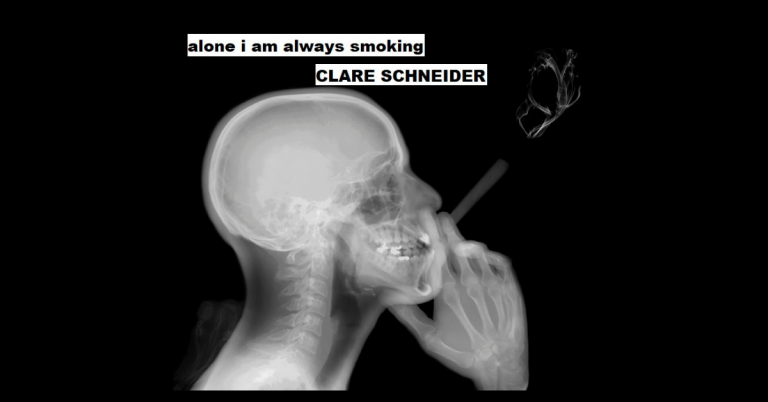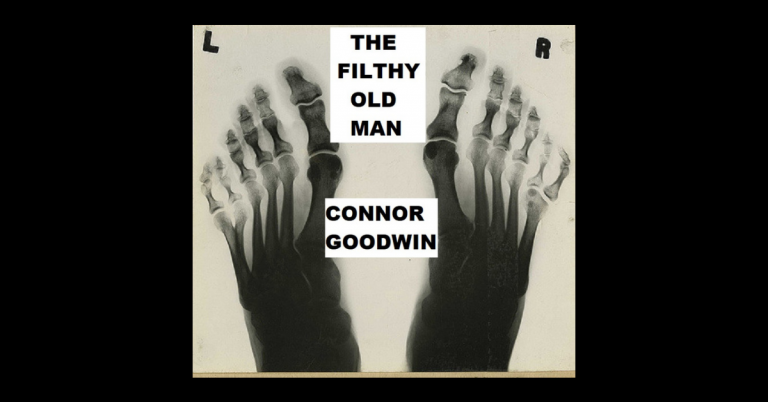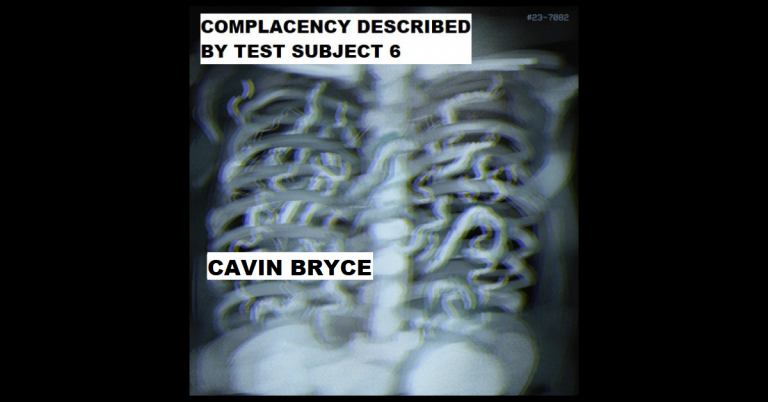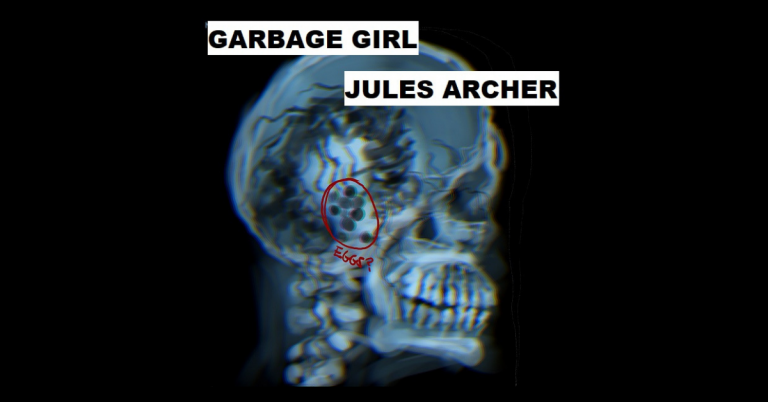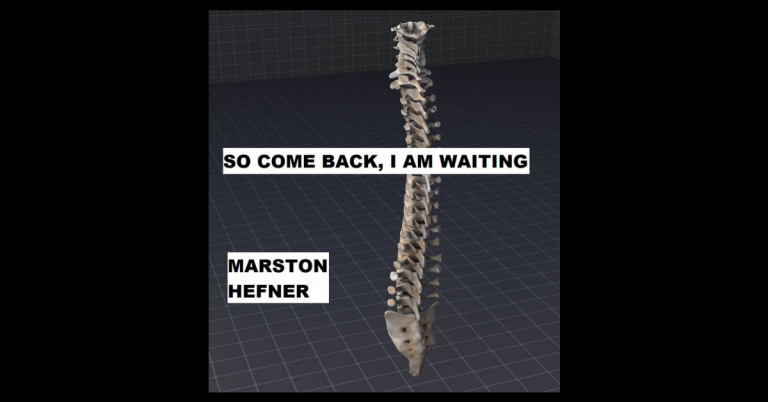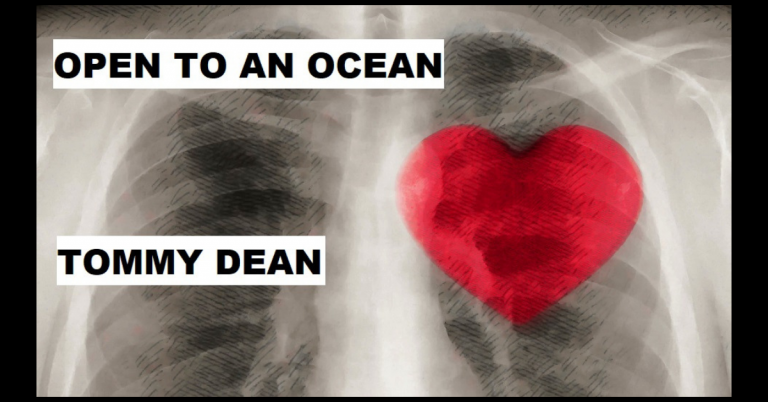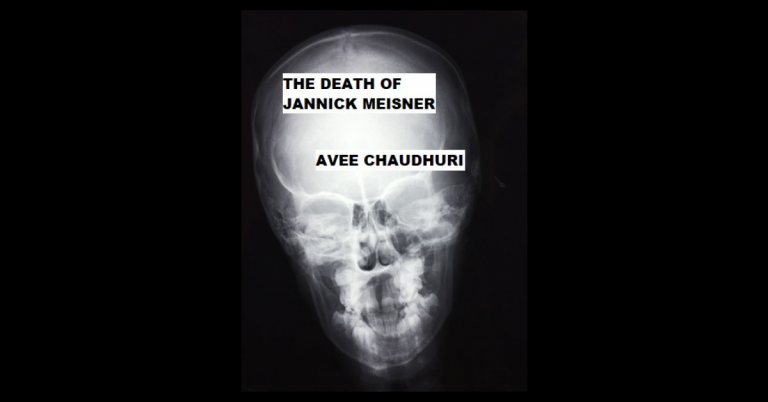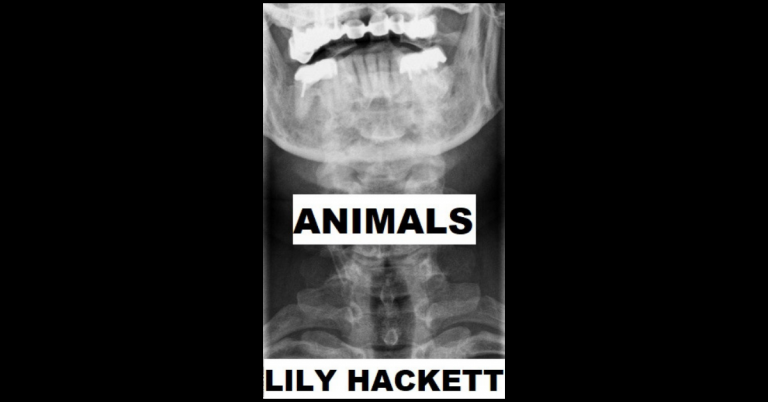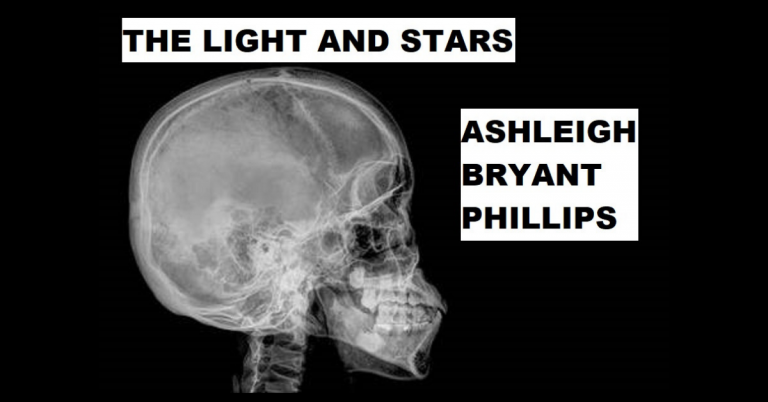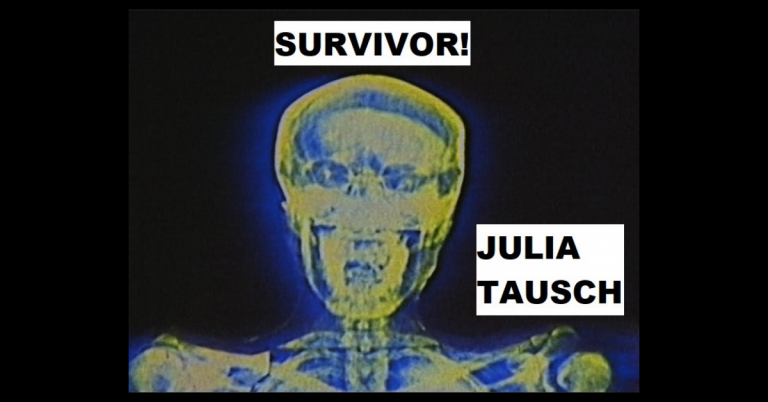
SURVIVOR! by Julia Tausch
The grouchy buildings of The Six, the dirty snow’s hectic dance – it was all far beneath me now. Keely, my thirteen year-old niece, had taught me to call Toronto “The Six.” She reeked of perfume that seemed to combine garbage with vetiver and beets but was surely expensive. The smell emboldened me – rot and beauty enmeshed. It blurred my warring worries and desires. So far, I loved flying. The soothing keen of the engines; my seat a mini-empire, a customizable media-pod; the shiny dossier in my seatback pocket pregnant with a secret I was itching to share. I

